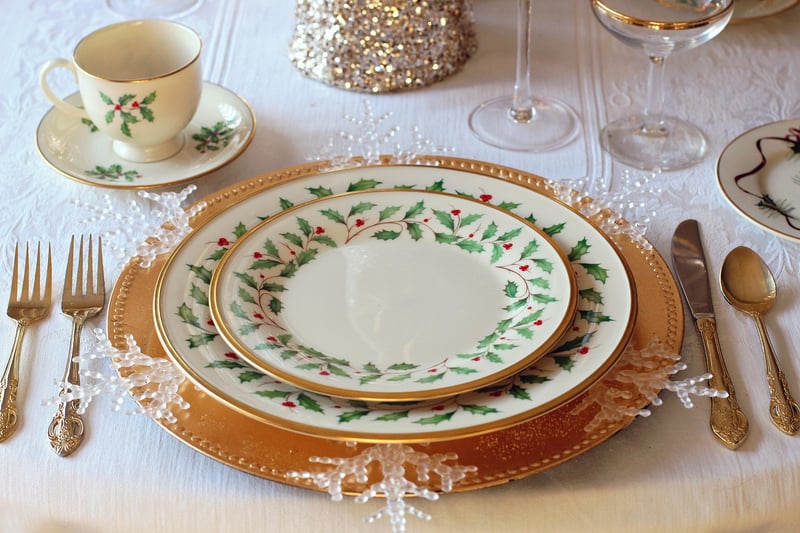Historical Etiquette
Preparation and Advice for Proper Etiquette
Introduction
In today's fast-paced world, proper etiquette remains a timeless and essential skill. Whether you are attending a formal event, meeting new people, or dining with colleagues, knowing how to conduct yourself with grace and politeness can leave a lasting impression. Here, we delve into the art of etiquette, offering valuable advice and historical insights to help you navigate social situations with confidence.
Preparation Tips
Preparing for social interactions is key to displaying good manners. Here are some tips to help you shine in any setting:
- Research the event or occasion to understand the expected dress code and behavior.
- Practice proper introductions, including a firm handshake and maintaining eye contact.
- Brush up on table manners to feel at ease during formal dinners.
- Be punctual, as arriving on time shows respect for others' schedules.
- Stay informed about current events and trending topics for engaging conversations.
Etiquette Advice
Applying proper etiquette enriches your personal and professional relationships. Consider the following advice to cultivate a refined demeanor:
- Use "please" and "thank you" generously to express gratitude and politeness.
- Avoid interrupting others while they are speaking; listen attentively instead.
- Respect personal space and boundaries to demonstrate consideration for others.
- Offer assistance when needed, whether holding a door or helping someone with their belongings.
- Send handwritten thank-you notes to show appreciation for gifts or acts of kindness.
Historical Etiquette Insights
Exploring the origins of etiquette provides valuable insights into its evolution and significance. Historical etiquette practices have shaped modern social norms and behaviors. Here are some interesting historical etiquette facts:
- In ancient Rome, guests would bring gifts to hosts as a sign of respect and gratitude.
- During the Victorian era, strict rules governed proper attire and behavior at social gatherings.
- The concept of "etiquette" originated in the French royal courts, emphasizing refined conduct and manners.
Conclusion
Mastering the art of etiquette is a lifelong journey that enhances your interactions and leaves a positive impression on others. By following these preparation tips, etiquette advice, and historical insights, you can navigate social situations with elegance and charm. Remember, good manners never go out of style!


